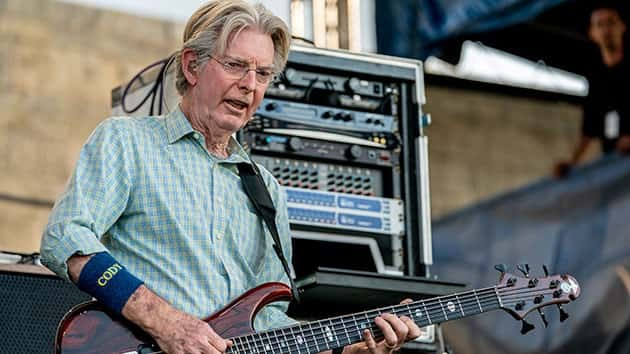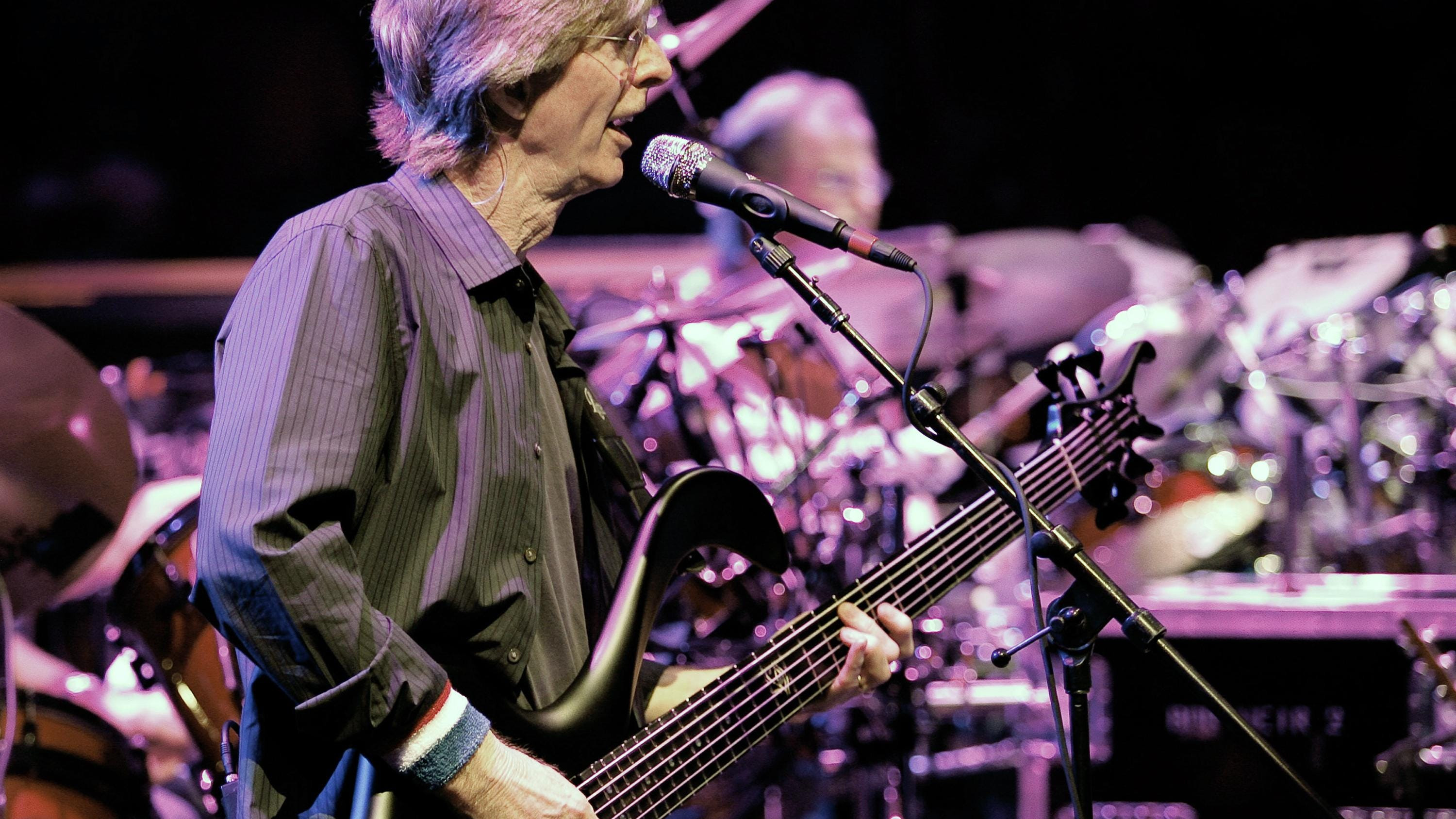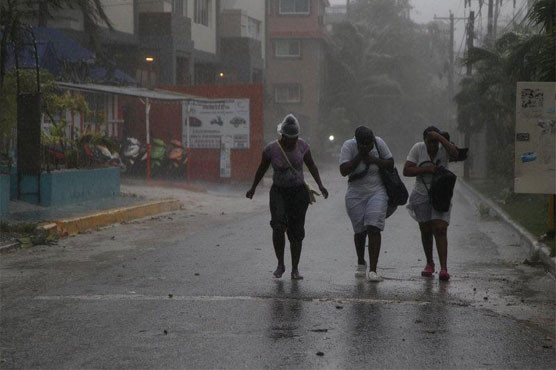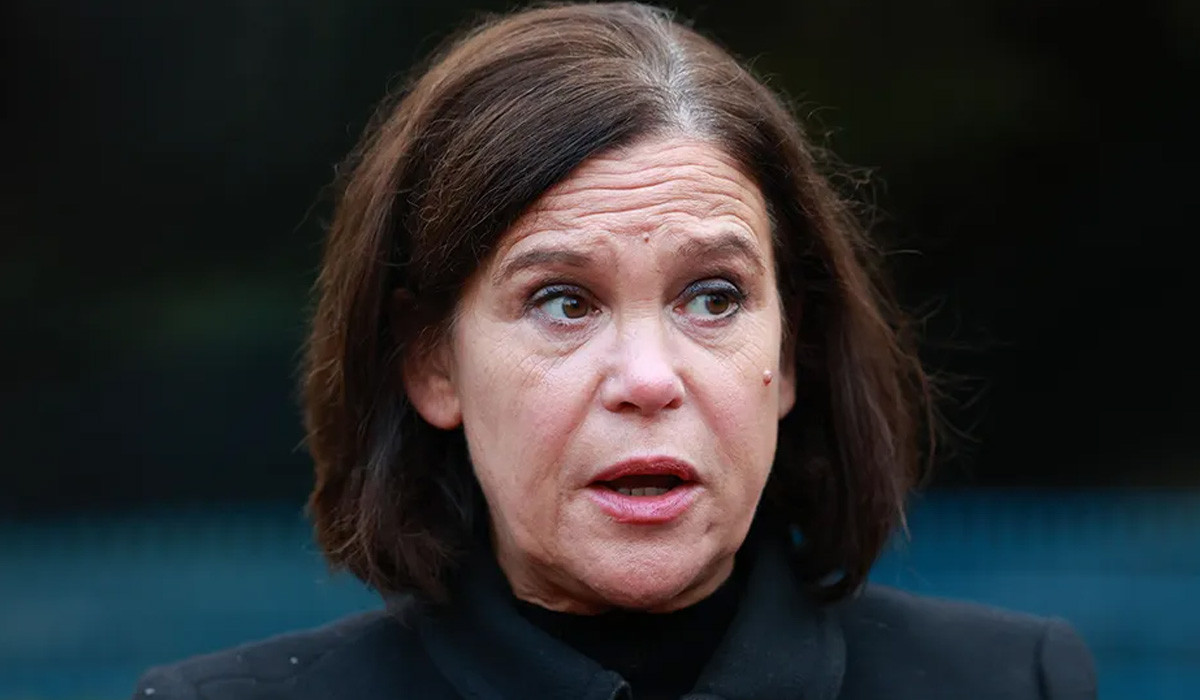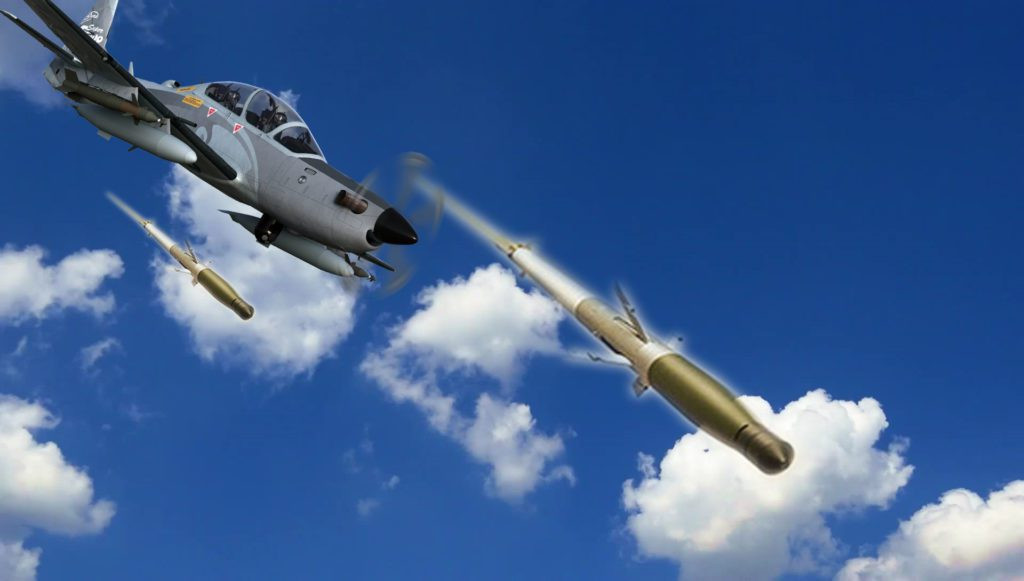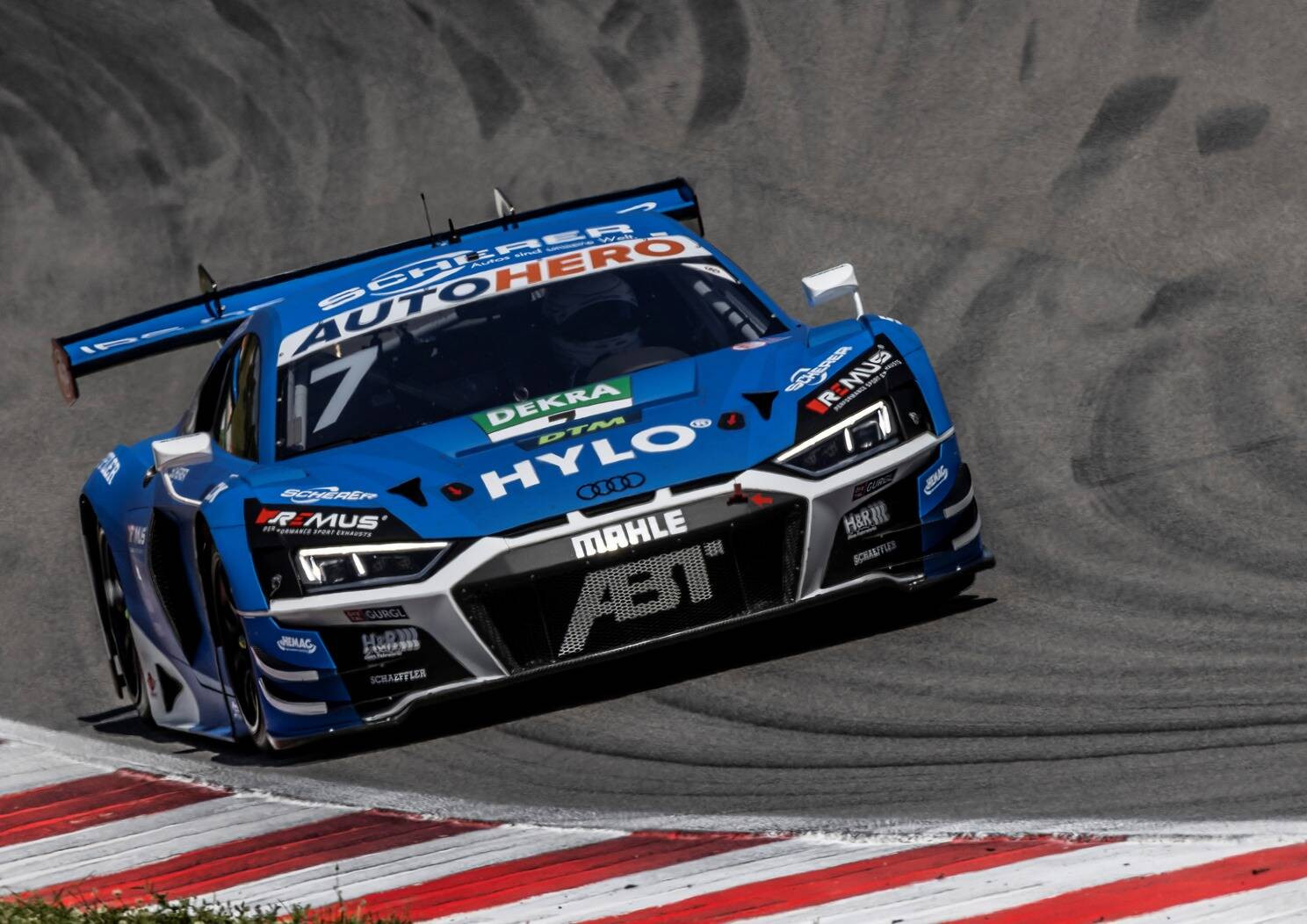Phil Lesh, the bassist and founding member of the countercultural rock band The Grateful Dead, has died. He was 84 years old. His family posted the news on Lesh’s official Instagram page.
Born in Berkeley, Calif., in 1940, Lesh was initially drawn to classical music. He played violin as a child before turning his attention to the trumpet, which he studied throughout high school and his time at the College of San Mateo. In the early ‘60s, he met banjo player Jerry Garcia, who later asked him to join his rock band, The Warlocks, as their bassist — an instrument Lesh did not play. He accepted nonetheless, and in 1965, The Grateful Dead was born, with Lesh finding his footing in the improvisation-driven group as he went.
“On a day-to-day basis, the psychic pivot to the Dead is Phil Lesh, the most aggressive purist, the anti-philistine Artist,” wrote Grateful Dead biographer Dennis McNally in his 2002 book A Long Strange Trip: The Inside History of the Grateful Dead. “It is he who most often and most loudly demands that they dance as closely as possible to the edge of the nearest available precipice. Intellectual, kinetic, intense, he was once nicknamed Reddy Kilowatt in recognition of his high mental and physical velocity.”
Over the Dead’s decades of musical longevity and reinvention, Lesh went on to sing lead vocals on some of the band’s most memorable songs, including “Box of Rain” off the 1970 album American Beauty, which he composed alongside longtime Dead lyricist Robert Hunter, and “Unbroken Chain” off 1974’s From the Mars Hotel.
After Garcia’s death in 1995, Lesh reunited with fellow band members Bob Weir and Mickey Hart and keyboardist Bruce Hornsby to tour as The Other Ones, and later, The Dead. He also released albums with his own group, Phil Lesh and Friends, and for a decade operated a popular venue called Terrapin Crossroads in San Rafael, Calif. There, Lesh often performed alongside his sons, Grahame and Brian. Though Terrapin closed in 2021, the Lesh family continued to champion live music in Northern California, most recently organizing a festival called Sunday Daydreams, which Lesh headlined this past summer.
“I would have to say that music and performing are as essential as food and drink to me, but even more so as I get older,” Lesh told The Marin Independent Journal in June. “While it can sometimes be more of a challenge physically than it was when I was a young whippersnapper, I’ve found that age brings wisdom, and with that comes musical experience and knowledge that I didn’t have when I was younger.”
A Legacy of Sound: Lesh's Impact on the Grateful Dead
It is difficult to envision the oft-sprawling, improvisational work of the Dead without the sophisticated contributions of Lesh, who — like his Bay Area colleague Jack Casady of Jefferson Airplane and his English contemporary Jack Bruce of Cream — essentially reinvented the role of the bassist in a rock band format, in a unit that began life playing covers of bluegrass, blues and country tunes.
“What makes the Dead’s sound so distinct from any other kind of rock and roll may be Lesh’s bass,” Nick Paumgarten noted in a 2012 New Yorker piece about the band’s devoted “Deadhead” fans.
The writer added, “He did not like to repeat things, which is rare for an instrument usually charged with keeping time. He played around the root and the beat, often skewing the pocket, skipping the one, holding off on the changes, bubbling up around it, or playing a melodic counterpoint. Growing up, he listened more to [classical composers] Elliot Carter and Charles Ives than to Lead Belly or Hank Williams.”
On record, Lesh left his deepest imprint on the Dead’s early albums for Warner Bros. Records, on which he was usually credited for the music alongside Garcia. After a split with producer Dave Hassinger, he helped mix the band’s 1968 sophomore album “Anthem of the Sun,” which employed a cut-up editing technique common to avant garde music of the period.
As a writer, he co-authored a number of compositions – “St. Stephen,” “The Eleven” and the epic “Dark Star” – which became long-form, jam-oriented fixtures of the Dead’s concert repertoire that were much beloved by legions of bootlegging fans. In 1968-70, he was aided and abetted in the band by keyboardist Tom Constanten, his like-minded former roommate at Oakland’s Mills College.
His influence became less prominent after the Dead took a more roots-oriented turn with the million-selling 1970 release “Workingman’s Dead,” after which Garcia would pen the majority of the band’s songs with lyricist Robert Hunter. But, with Garcia, guitarist Bob Weir and drummer Bill Kreutzmann, he remained a constant and irreplaceable component of the act’s lineup for its 30 years on stage.
Phil Lesh and the Grateful Dead's Enduring Legacy
Lesh was a linchpin in the long afterlife of the Grateful Dead, touring along with other ex-members with the Other Ones (1998-99), the Dead (2003-04, 2008-09) and Furthur (2009-13). After the group was formally laid to rest in 2015 with their “Fare Thee Well” concerts in Northern California and Chicago, Lesh sat out a latter-day incarnation, Dead & Company, in which he was replaced by Allman Brother Band bassist Otell Burbridge.
In later years, he played in Phil Lesh and Friends and with the Terrapin Family Band, an outgrowth of the offerings at Terrapin Crossroads, his family-operated music hall and restaurant in San Rafael, Calif., which opened in 2012. He said the enterprise was inspired by the informal “Midnight Rambles” organized by the Band’s drummer Levon Helm at his Woodstock, N.Y., barn.
Lesh told the New Yorker, “I want to bring musicians who maybe have not had a lot of contact with the Grateful Dead into a band setting and work with them and engage them. It’s not necessarily to teach, but to pull out of them that way of looking at music. So that they can then play this music not the same way but with the same spirit, with the same perspective and goals that we did.”
He was inducted into the Rock and Roll Hall of Fame as a member of the Grateful Dead in 1994.
The Early Years: From Classical to Counterculture
Lesh was born in Berkeley, Calif., on March 15, 1940. He was encouraged to listen to classical music by his mother, and was originally a violin student. He began playing trumpet at Berkeley High. He became interested in avant garde music and jazz, and later noted the impact upon his playing with the Dead by such jazz bassists of Scott La Faro of Bill Evans’ trio and Charlie Haden of Ornette Coleman’s quintet.
After high school, he moved from school to school, studying music at San Francisco State University, the College of San Mateo, the University of California at Berkeley (where he met Constanten) and Mills College, where he studied with Berio and encountered Reich.
Lesh met Garcia while working as a volunteer engineer at the Bay Area public radio station KPFA. He was making a living driving a postal service truck when he dropped into Magoo’s Pizza Parlor to catch the second gig by the group that had grown out of the guitarist’s previous endeavor, Mother McCree’s Uptown Jug Champions. Lesh accepted Garcia’s invitation to play bass on the spot, and some months later the Warlocks were rechristened the Grateful Dead.
Amid the psychedelic ferment of San Francisco’s Haight-Ashbury era, the Dead became the top rock ballroom attraction in the city, moving audiences with their long-form, improvisational playing. In 1967 the band was signed by Warner Bros. By that time, Lesh was demonstrating complete mastery of his adopted instrument, and he also contributed high harmonies to the band’s vocal mix.
Between 1967 and 1990, Lesh appeared on all 13 of the Dead’s studio releases and 10 official live albums. From the first, the Dead actively encouraged their fans to record their live shows, and tapes were traded from hand to hand; Lesh swiftly became one of the most-documented bass players in musical history, with an estimated 2,000 Dead shows captured for posterity.
A Life Filled with Music and Loss
On Aug. 9, 1995, Garcia, who had grappled with health and drug addiction issues for years, suffered a fatal heart attack at the Serenity Knolls treatment center in Forest Knolls, Calif. Lesh wrote in “Searching For the Sound,” his 2005 autobiography, “I was struck numb; I had lost my oldest surviving friend, my brother.”
Acknowledging the Deadheads’ insatiable appetite for their music, the members of the Dead reconvened regularly for more than two decades in various configurations, nearly all of which included Lesh. As late at 2018, the bassist and Bob Weir embarked on a six-concert U.S. tour.
For his part, Lesh – who was portrayed unflatteringly by San Francisco journalist Joel Selvin in his 2018 book, about the Dead’s later years, “Fare Thee Well” — strived to create a musical identity for himself apart from the reunion circuit, and appeared annually as a headliner every Halloween at his “Phil-O-Ween” dates at the Dead-friendly New York venue the Capitol Theatre.
He remained highly active despite an ongoing series of health challenges that included a 1998 liver transplant, successful prostate cancer surgery in 2006, bladder cancer surgery in 2015 and back surgery in 2019.
A Legacy of Innovation: Lesh's Unique Approach to Bass
Lesh credited Garcia with teaching him to play the bass in the unorthodox lead-guitar style that he would become famous for, mixing thundering arpeggios with snippets of spontaneously composed orchestral passages.
Fellow bass player Rob Wasserman once said Lesh’s style set him apart from every other bassist he knew of. While most others were content to keep time and take the occasional solo, Wasserman said Lesh was both good enough and confident enough to lead his fellow musicians through a song’s melody.
“He happens to play bass but he’s more like a horn player, doing all those arpeggios — and he has that counterpoint going all the time,” he said.
A Life of Music and Beyond: Phil Lesh's Lasting Impact
Lesh is survived by his wife Jill and their sons Grahame and Brian, both of whom performed with the Terrapin Family Band. The news of Lesh's passing was met with an outpouring of grief and tributes from fellow musicians, fans, and those who knew him personally. His death marks the end of an era for the Grateful Dead, a band that has long been synonymous with the counterculture movement and the spirit of improvisation. However, his legacy will continue to inspire generations of musicians and fans for years to come.
The Grateful Dead was recently named Persons of the Year by MusiCares, a charitable wing of the Recording Academy. Lesh’s Unbroken Chain Foundation, which aims to fight addiction, is one of the organizations highlighted by MusiCares. This honor is a testament to the enduring impact of Lesh and the Grateful Dead on the music world and beyond. His legacy will be celebrated at a gala in January 2025 ahead of the Grammy Awards in Los Angeles.
It is hard to imagine the Grateful Dead without the contributions of Phil Lesh. His unique approach to bass playing, his musical vision, and his enduring spirit have left an indelible mark on the world of music. He will be deeply missed.




